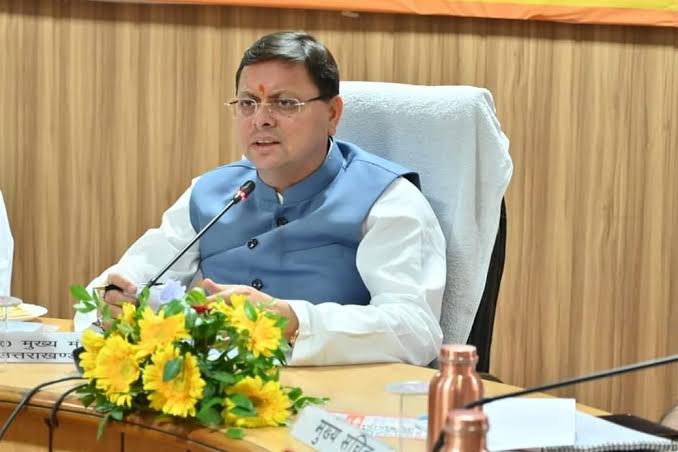
For many years, there has been controversy about whether India should adopt a Uniform Civil Code (UCC). A commission was established by the state of Uttarakhand to investigate the viability and effects of implementing a UCC. The panel’s report has caused a mixture of excitement and trepidation among different parties. In this article, we examine the principal conclusions of the report of the Uttarakhand panel and speculate on the prospects for an Indian civil code.
A Uniform Civil Code is a body of rules that apply uniformly to all people, regardless of their religious views, and which regulates personal concerns like marriage, divorce, inheritance, and adoption. Currently, India has separate personal laws for its various religious communities, which has frequently resulted in complicated legal situations and unequal treatment of people.
Report of the Uttarakhand Panel:
The group, which was established by the Uttarakhand state government, sought to investigate the necessity, viability, and difficulties of putting a UCC into action. In order to gather information, the panel engaged in thorough study, talked with professionals from numerous sectors, and spoke with a wide range of stakeholders. The prospective effects of a UCC on Indian society are thoroughly examined in the report.
The Way Forward:
The report on the Uniform Civil Code from the Uttarakhand panel starts a larger conversation on the direction of personal laws in India. The report provides insightful information, but it’s crucial to remember that this is just one viewpoint among many. To achieve a delicate balance between the ideals of justice, religious liberty, and cultural variety, a UCC would necessitate lengthy consideration, discussion, and modifications.
Concerns concerning cultural sensitivity, minority rights, and potential opposition from religious communities are legitimate when it comes to the question of a uniform civil code. To ensure that the process is inclusive, participatory, and takes into consideration the interests of all stakeholders, policymakers must approach this issue with the utmost prudence.
The Uttarakhand panel’s report on the Uniform Civil Code offers a chance to reexamine Indian personal law and take steps towards a more just and equitable legal system. Even if the road to putting in place a UCC is probably long and winding, it is crucial to have a positive conversation, promote agreement, and work towards a system that promotes the values of equality, gender justice, and religious freedom. To achieve a balance between conserving cultural diversity and providing equal rights for all individuals, the path ahead must be carefully navigated.


